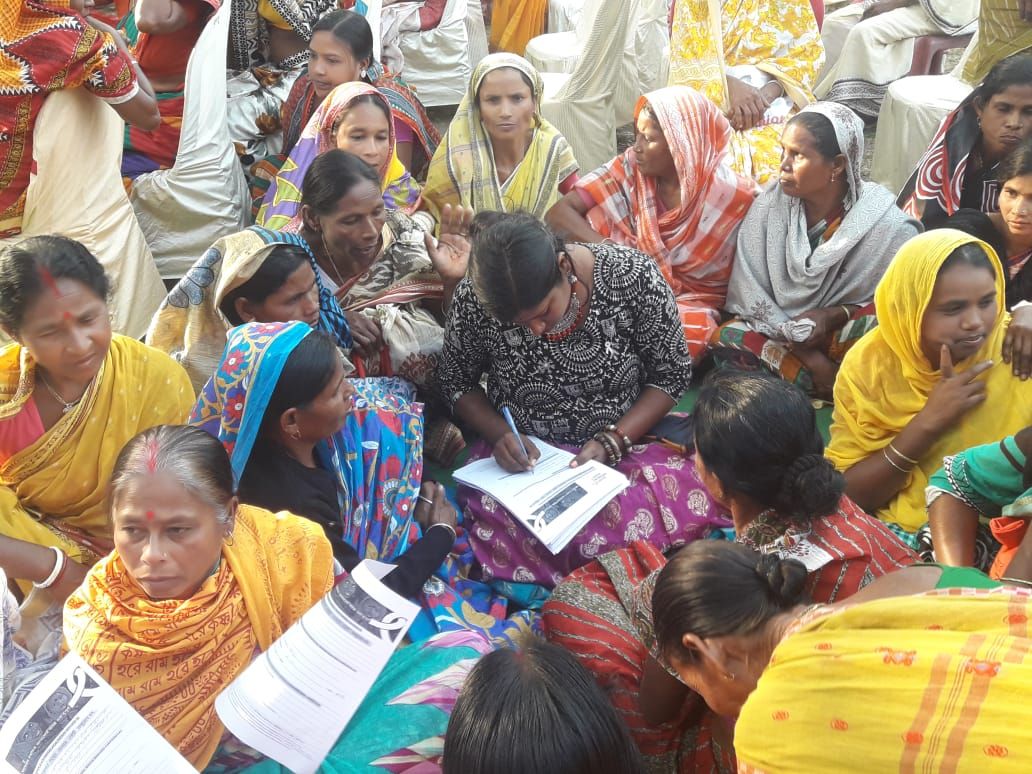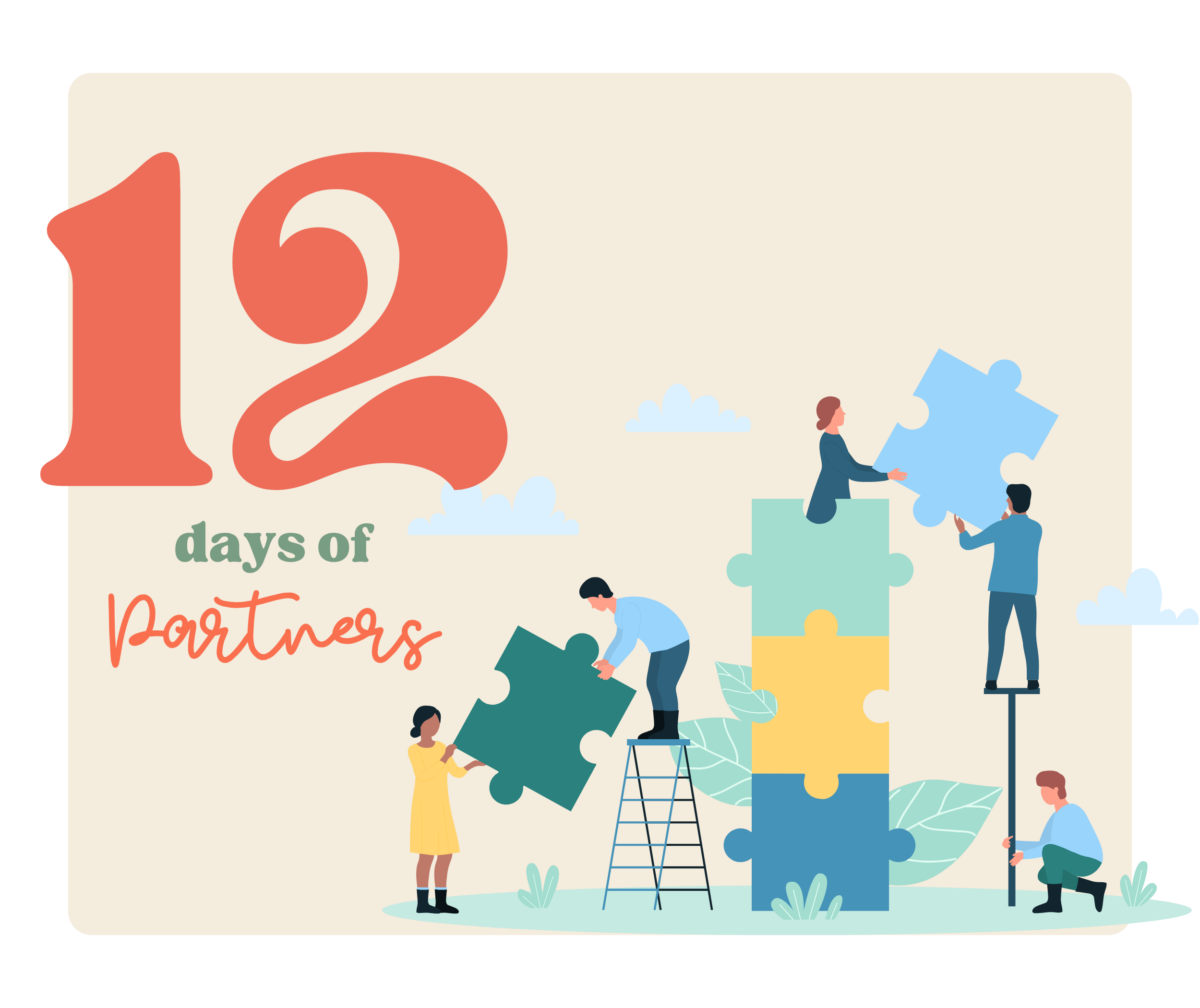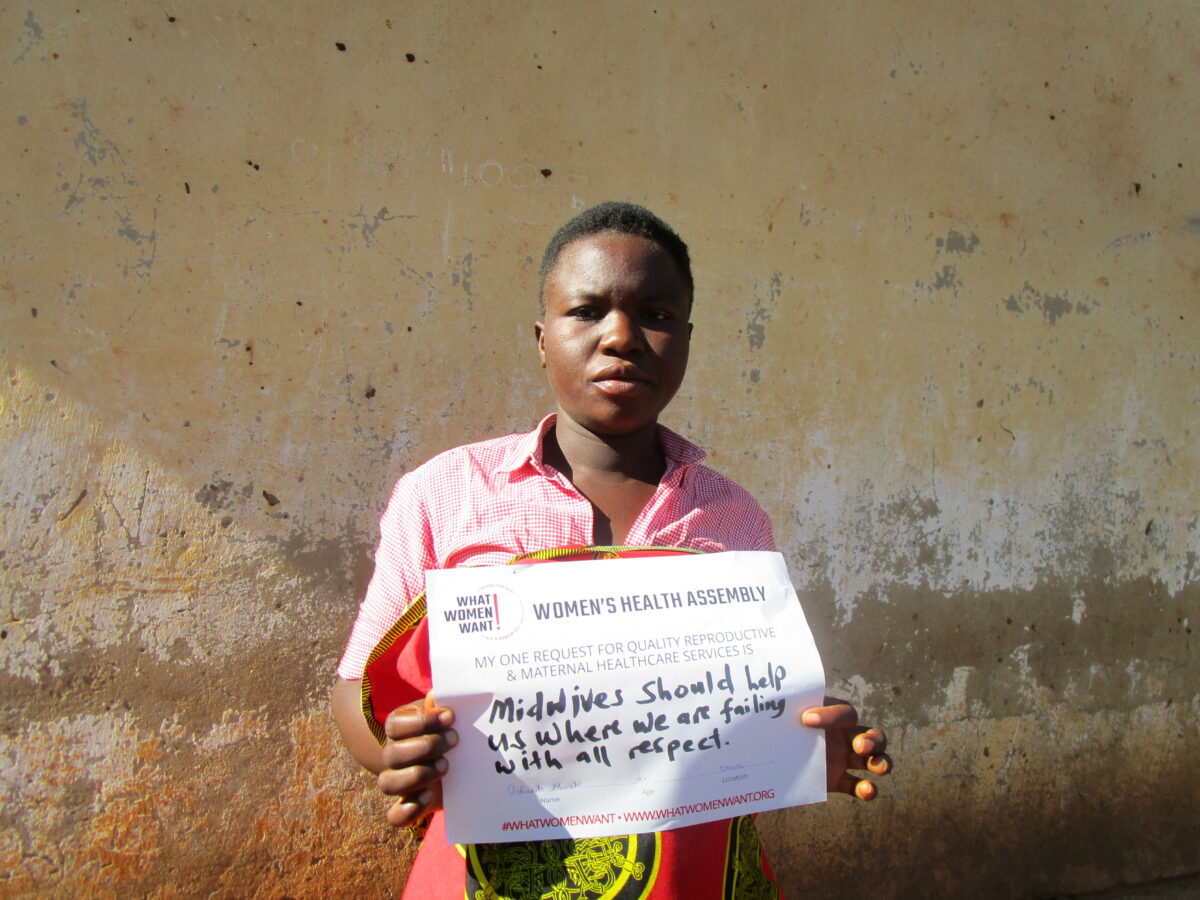In 2016, White Ribbon Alliance India launched Hamara Swasthya Hamari Awaaz (“Our Health, Our Voice”), the campaign that inspired the global What Women Want effort. Over a three-year period, an impressive 335,000 women shared their reproductive and maternal health requests in these campaigns. Women across different classes, castes, educations, and locations had one common demand: to be treated with respect, dignity, and non-discrimination when seeking care. The campaign revealed in stark terms the widespread nature of disrespect and abuse women face when seeking maternity care.
I went to hospital for my delivery, where I had a very bitter experience. When my labor pain started, instead of taking care of me, the nurse started screaming at me. One of the nurses asked me either to go to a private hospital or to deliver the baby at home. I ask for respectful behaviour.
Madhuri Kumari, community member, 23 years old
Women’s calls for respectful care came as the Government of India was designing a bold new program—the Labor Room and Quality Improvement Initiative (LaQshya). WRA India shared campaign findings and supported the government to integrate Respectful Maternity Care (RMC) into LaQshya guidelines. In December 2017, the Ministry of Health & Family Welfare launched LaQshya, an initiative aimed at reducing maternal death, improving quality of care in labor rooms, and enhancing a positive birthing experience by ensuring RMC for all pregnant women attending public health facilities.
This policy change led to a cascade of policy, guideline, and curriculum changes to embed RMC in service delivery, including the Advanced Skills Lab Guideline, the National Midwifery Guideline, and the SUMAN scheme. Now with the rollout of LaQshya and associated guidelines, tens of thousands of health facilities are required to provide RMC in facility-based labor and post-partum care.
After the campaign, in the labor rooms, I saw a change. The health providers were explaining to the mother what they were going to do. I am happy that gradually it has been engrained in the health provider’s practice so now they are just doing it. They are sensitized now.
Dr. Manju Chhugani, Dean
School of Nursing Sciences and Allied Health, Jamia Hamdard University
The change in policies and curriculum has helped shift long-entrenched barriers to women receiving quality care and dignified, respectful treatment during labor. Healthcare providers are now sensitized to the need and importance of listening to women and providing care with respect and dignity. Women are increasingly asked what they want and need, are provided key information on the care they receive, and are treated with dignity. This is Ask, Listen, Act at its best.
The most important change has been better training of health providers and staff. Through this campaign, we have seen that in numerous hospitals, health and medical centers, the approach of those in authority has definitely changed. The attitude and behavior of staff toward women who avail services in maternity care units have improved.
Swarnalata Shyamal, community member
West Bengal




